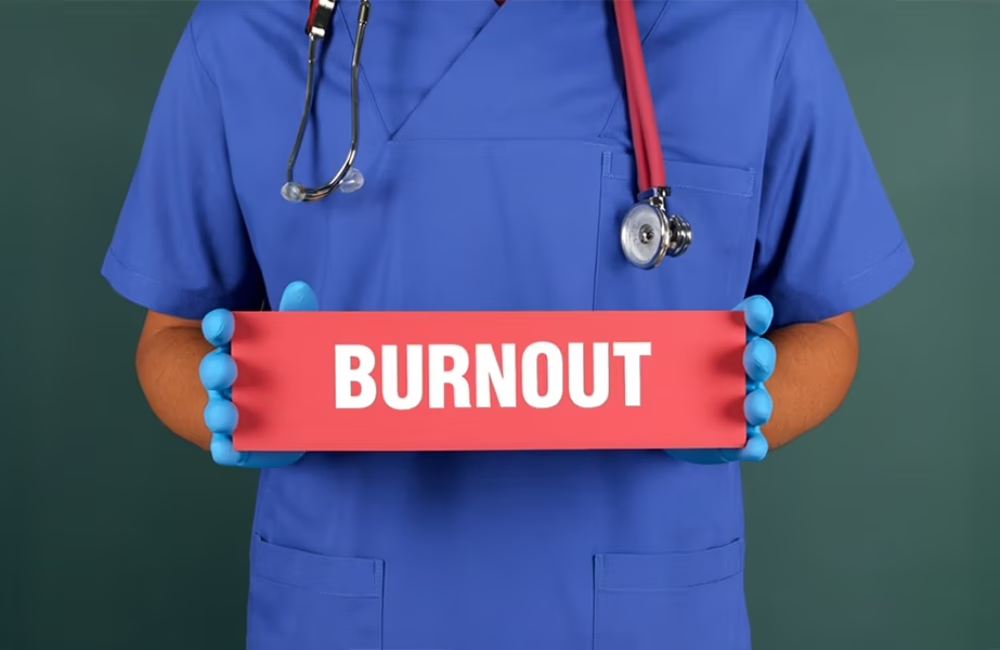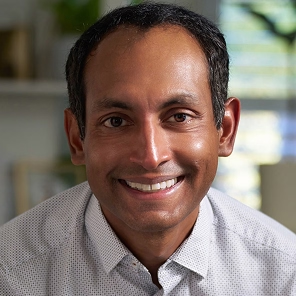Burnout is more than being tired after long shifts. It’s the emotional drain, the loss of purpose, and the growing sense of disconnection. Physicians often push through because they feel patients need them, their team depends on them, and admitting exhaustion might be seen as weakness. Over time, that silence creates heavier stress, deeper isolation, and increasing risk to mental health. Knowing what burnout looks like is the first step to stopping it before it takes control.
The Turning Point
For many physicians, realizing “this isn’t normal tiredness” is what finally pushes them to seek help. That moment changes everything because it opens the door to support and recovery.
Early intervention prevents burnout from affecting patient care, personal relationships, and career satisfaction. Acting early saves physicians from months or years of silent struggle.
Finding the Way Forward
Burnout is not the end of a medical career. With peer support, therapy, and better boundaries, physicians rediscover energy, compassion, and joy in their work again.

